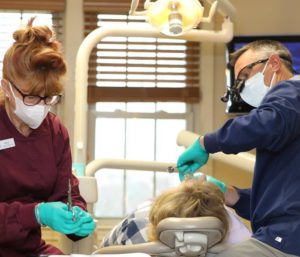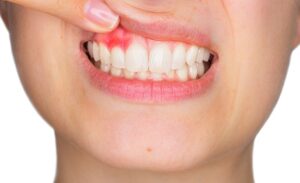
What is your definition of oral health? Is there even a standard definition of oral health? One thing is clear; the definition of oral health is not solely the absence of pain. Pain is also not necessarily an indication of poor oral health.
It wasn’t until the year 2000 that oral health was brought to the forefront of the surgeon general’s report as a critical component to overall health. This was an important event, but unfortunately never amounted to much in terms of being incorporated into most healthcare policies. This has led to continued poor to non-existent cross-over coverage between medical and dental insurance. Lack of benefits are one of the top reasons people do… (Read More)



